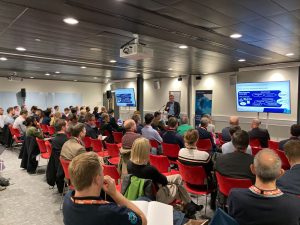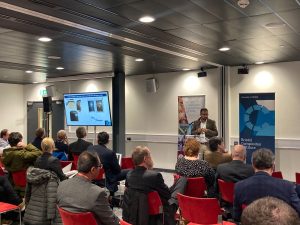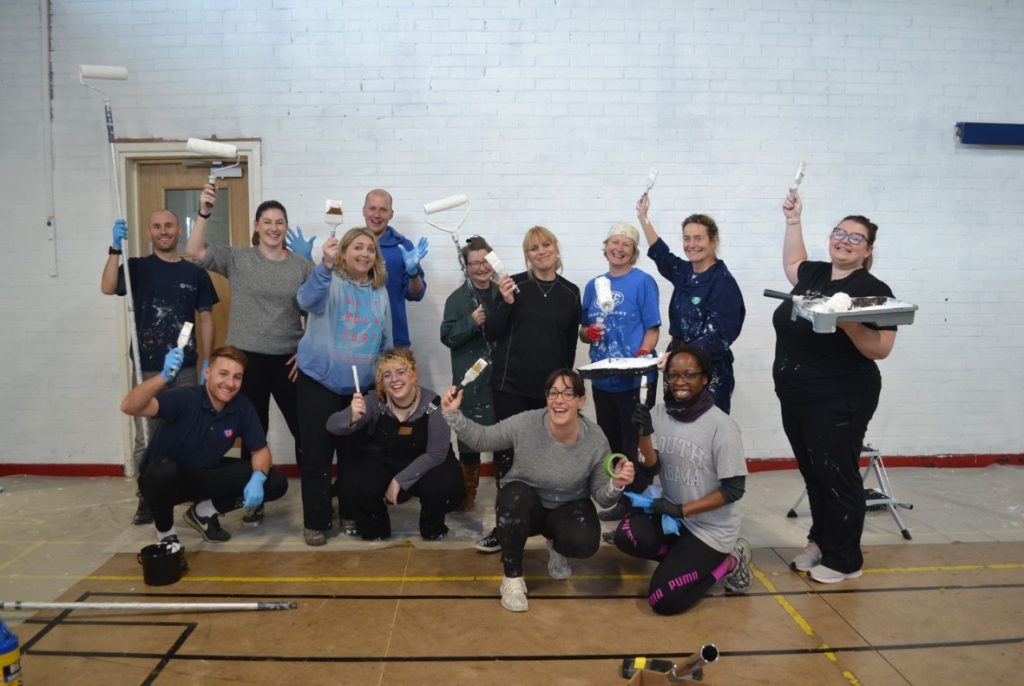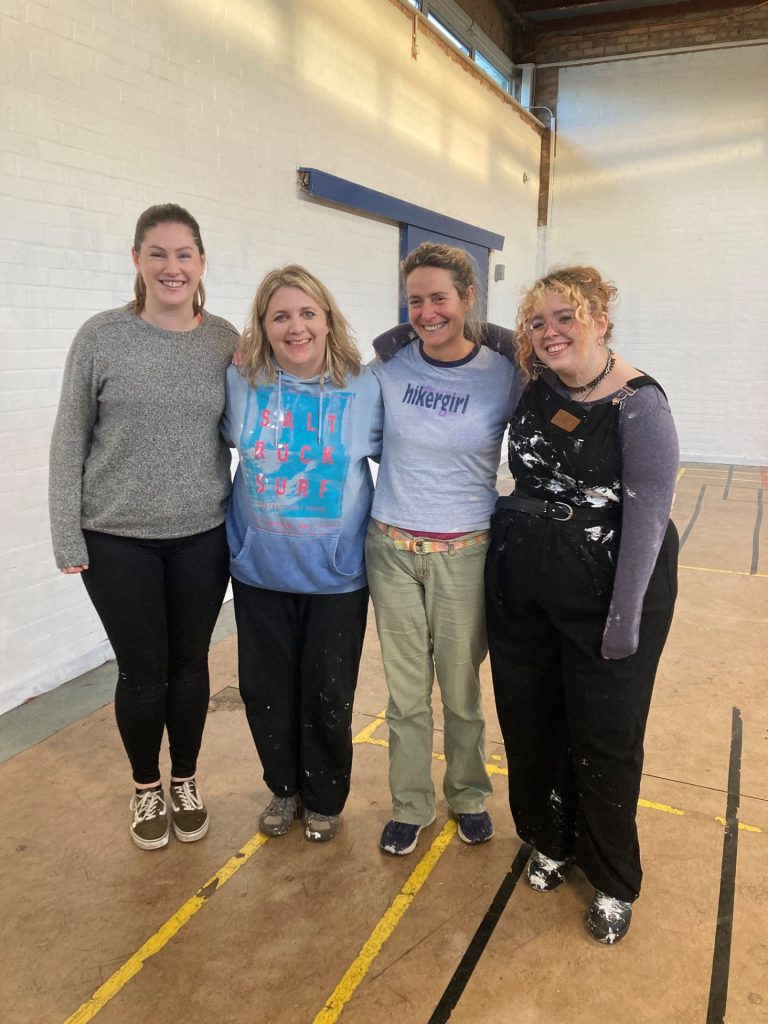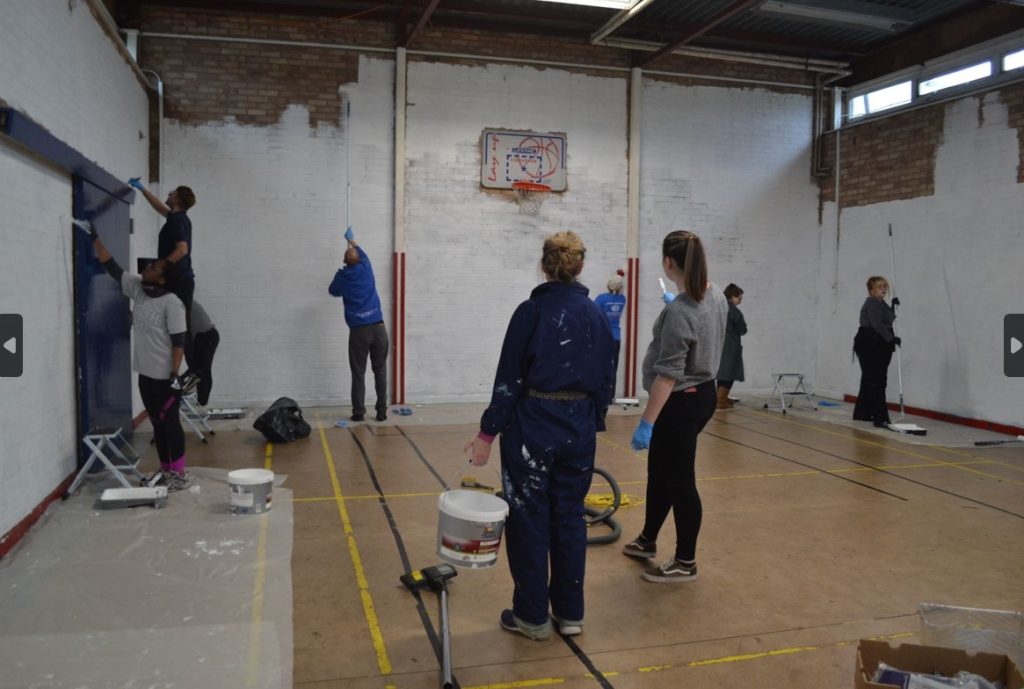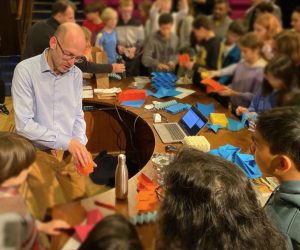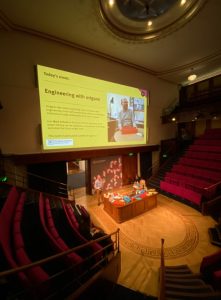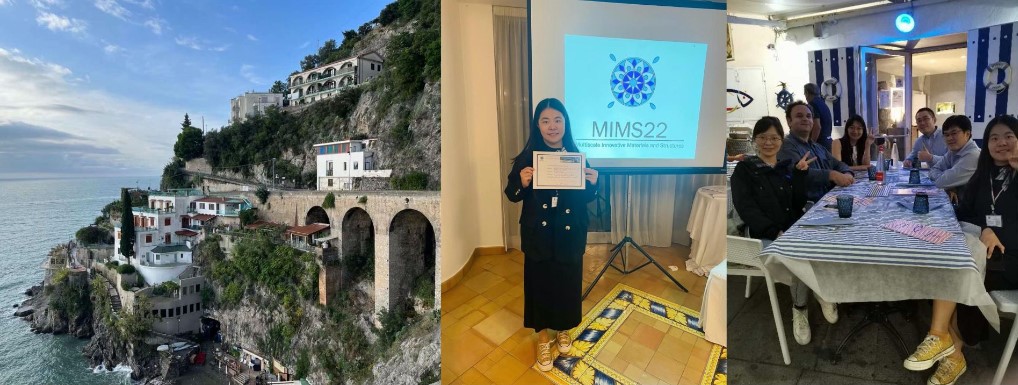The Industrial Doctorate Centre in Composites Manufacture (IDC) is pleased to announce that we are seeking high calibre candidates to take up one of five fully funded EngD studentships based at the National Composites Centre (NCC) – the UK’s leading mid-TRL innovation facility in composite materials.
To apply complete and submit this online form and send your CV and transcript of results to Helen.Howard@bristol.ac.uk
Why an EngD?
Patrick Sullivan, an EngD student currently based at the NCC, says
“ The ethos of an EngD is to work in industry as if you are a full time employee, fully embedded in your organisation’s system’s and structures, but to work towards your long term research and academic goal as your thesis approaches. The industry focus is beneficial for steering your research in a meaningful way, allowing greater impact and dissemination of your work.
The appeal of an EngD is that you stay in the academic loop where innovation rules with the freedom to pursue research topics and work with world leading academics. But you are also driven by the focus of your industrial sponsor and their need to see the impact of the research on live projects. ”
As a successful applicant, you will be based at the National Composites Centre (NCC) and will work on novel, yet industrially focused, cutting-edge research, whilst following a taught programme at University of Bristol. The projects will cover a wide range of NCC’s strategic areas with a focus on using digital manufacturing with composite materials to solve urgent issues towards sustainability.
Financially it makes sense too.
Successful applicants will receive an enhanced tax-free stipend of £23,730 a year, a fee waiver and a generous allowance to support training.
Why the EngD works for industry.
The NCC has supported the Industrial Doctorate Centre (IDC) in Composites Manufacture for many years. Matt Scott, Chief Engineer for Capability at NCC, says
“ We find that our deep partnership with the IDC allows us to solve two pressing needs. Firstly, it gives us a mechanism to set motivated and tenacious minds on solving some of the research challenges that a commercial context by itself may not easily allow for. Secondly, it allows us to train the leaders of tomorrow towards an exciting and fulfilling career in the composites sector and beyond. ”
The topics you could be working on.
We are seeking highly motivated and committed individuals with an eye on the future, who are interested in conducting stimulating and essential industrial research and have a passion for finding sustainable solutions in areas such as:
- Low-carbon concrete.
- Through-Life Damage and Environmental Assessment.
- Recycled Fibre/Matrix Interfacial Properties
- Composite Shielding against Directed Energy Weapons
- High-Rate Automated Deposition of CFRP for rapid production of aircraft wings.
- Advanced Tooling for Aerospace Composites
- Large Scale Rapid Infusion of wings.
- In-Process Material Inspection and Verification of Aerospace Parts.
- Digital Passport for Re-Using Aerospace Manufacturing Waste.
For more information about the topics you could be exploring visit our website here.
Professor Janice Barton, Director of the IDC, says;
“ If you are interested in studying for a doctorate at University of Bristol, being involved in the activities of Bristol Composites Institute and have a passion to explore sustainable composites solutions to address NetZero challenges then please consider applying to be part of our inclusive and dynamic programme in Composites Engineering. ”
What you need to bring.
Applicants must hold/achieve a minimum of a 2:1 MEng or merit at Masters level or equivalent in engineering, physics or chemistry. Applicants without a master’s qualification may be considered on an exceptional basis, provided they hold a first-class undergraduate degree. Please note, acceptance will also depend on evidence of readiness to pursue a research degree and performance at interview.
Due to visa restrictions these posts are available to Home/EU (UK settled status) with permanent UK residency.
To apply complete this online form and send your CV and transcript of results to Helen.Howard@bristol.ac.uk
If you have any further questions about our programme, or if you would like to have an informal chat with Professor Barton or a current EngD student, please do get in touch by e-mail.
Helen Howard, IDC Manager Helen.Howard@bristol.ac.uk

